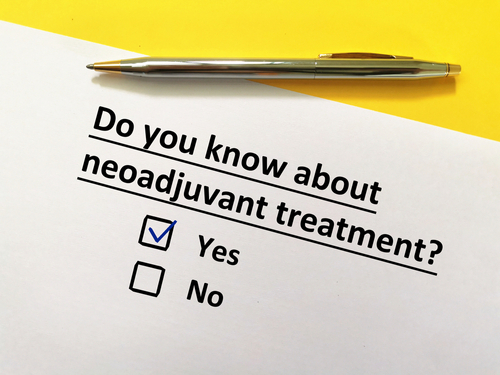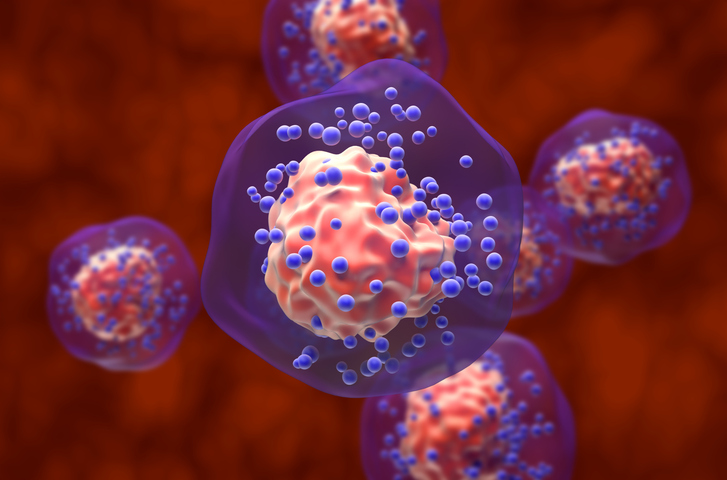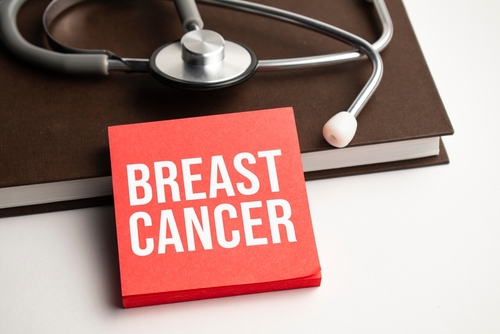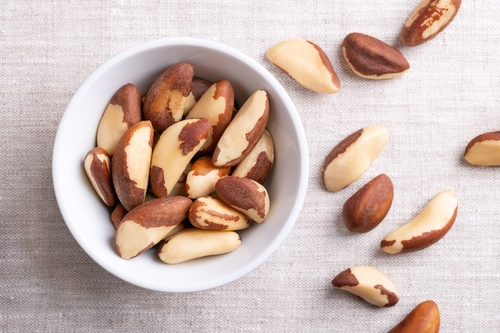
New research suggests neoadjuvant immune checkpoint inhibitor (ICI) therapy improves efficacy outcomes in early-stage breast cancer over adjuvant therapy. The findings were published in JAMA Oncology.
In this meta analysis, researchers analyzed 5,114 patients (2097 triple-negative breast cancer [TNBC], 1924 hormone receptor–positive [HR+]/ERBB2-negative [ERBB2−], and 1115 ERBB2+ tumors) from nine randomized controlled trials which neoadjuvant ICI plus chemotherapy in early breast cancer. The primary end points of interest were defined as pCR, event-free survival (EFS) in patients with and without pCR, and adverse events.
According to the findings, in TNBC, the addition of ICIs was associated with an improved pCR rate irrespective of programmed cell death ligand 1 (PD-L1) status (absolute improvement, >10%). Specifically, in the results showed that in patients with TNBC achieving a pCR, the addition of ICIs was associated with improved EFS (hazard ratio, 0.65; 95% CI, 0.42-1.00), resulting in a 5-year EFS of 92.0% with ICIs compared with 88.0% without them. Moreover, regarding patients with residual disease, ICIs yielded better EFS (hazard ratio, 0.77; 95% CI, 0.61-0.98), resulting in a 5-year EFS of 63.3% with ICIs and 56.1% without them. The researchers noted during the neoadjuvant treatment, the incidence of grade 3 or greater immune-related adverse events with ICI was 10.3%.
“These findings suggest that neoadjuvant ICI therapy improves efficacy outcomes in early-stage TNBC and PD-L1+ HR+/ERBB2− tumors with an acceptable safety profile; however, no benefit was observed with adjuvant ICI,” the researchers concluded. They added that given “the financial and toxicity costs associated with ICIs, future research should prioritize identifying patients most likely to benefit from the addition of ICIs to neoadjuvant chemotherapy.”







 © 2025 Mashup Media, LLC, a Formedics Property. All Rights Reserved.
© 2025 Mashup Media, LLC, a Formedics Property. All Rights Reserved.